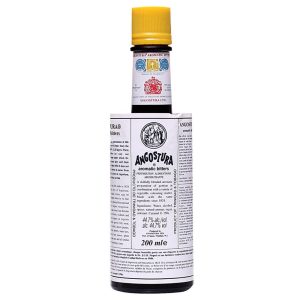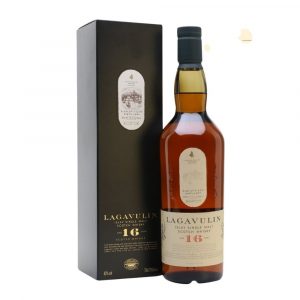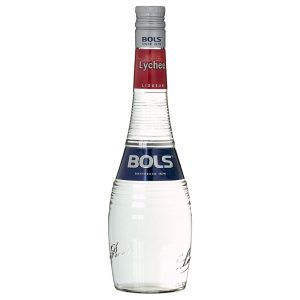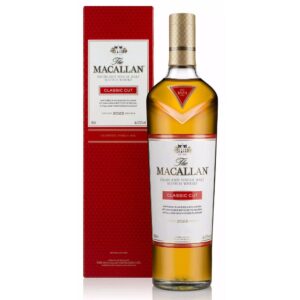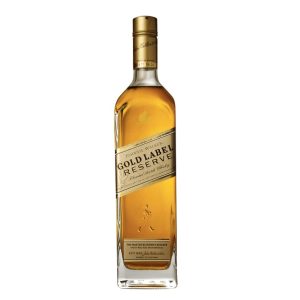Chenin Blanc, a versatile white wine grape, has a rich history originating from the picturesque Loire Valley in France, renowned for its majestic castles and rolling vineyards. This grape variety is celebrated for its dynamic nature, offering a wide spectrum of wine styles that cater to every palate, from lusciously dry to delectably sweet, and elegantly still to effervescently sparkling. For example, in the Loire Valley, Chenin Blanc thrives in appellations like Vouvray, where it produces exceptional sparkling wines full of finesse and character.
As Chenin Blanc spread its roots across the globe, South Africa emerged as a key player in crafting top-quality Chenin Blanc wines. The Cape Winelands, with regions like Swartland, Stellenbosch, and Franschhoek, have become synonymous with producing outstanding Chenin Blancs that showcase the diverse terroir and winemaking expertise of the country. One such example is the Swartland region, known for its old bush vines that produce Chenin Blanc wines with a unique mineral edge and vibrant acidity, reflecting the rugged beauty of the Swartland landscape. This versatility and adaptability of Chenin Blanc have propelled it to the forefront of the white wine scene, captivating wine enthusiasts with its charm and complexity.
Chenin Blanc’s allure lies in its ability to reflect the essence of the terroir in which it is grown, offering a true representation of the land and climate. This grape variety’s chameleon-like qualities allow winemakers to create a diverse range of wines, each with its own unique character and personality. From the crisp, mineral-driven Chenin Blancs of the Loire Valley to the tropical fruit-forward expressions of South Africa, Chenin Blanc continues to captivate wine lovers with its versatility and depth of flavour. The journey of Chenin Blanc from its humble origins in France to its global prominence today is a testament to the grape’s enduring charm and appeal.
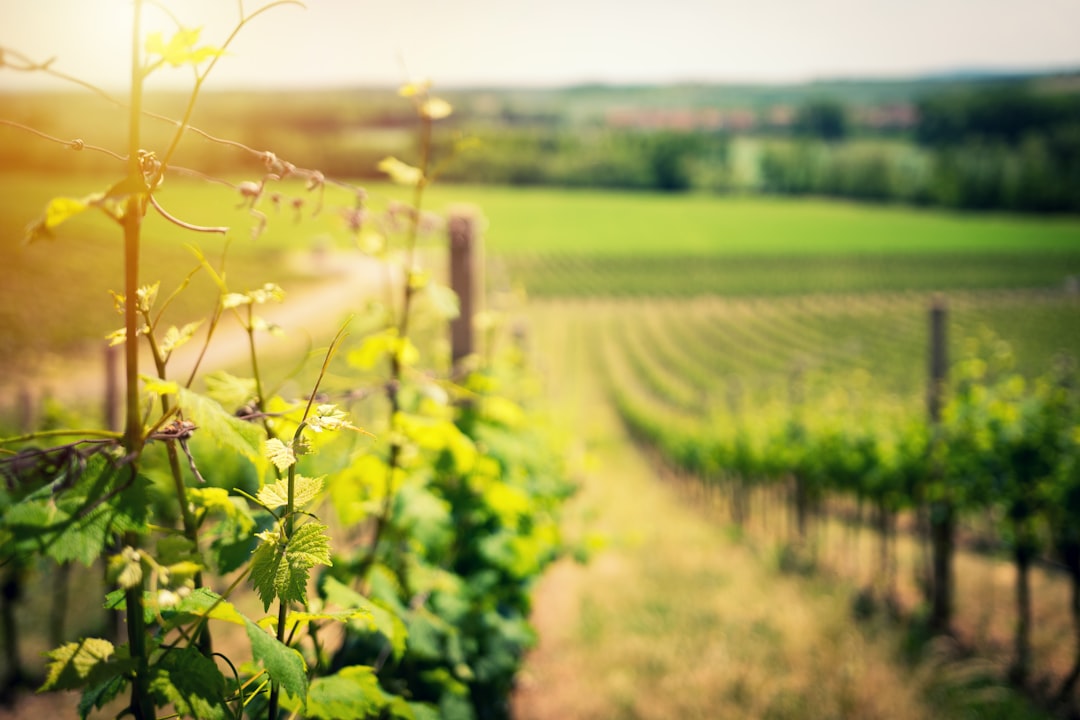
The Historical Significance of Chenin Blanc
Introduced to South Africa by French Huguenots in 1688, Chenin Blanc has not only taken root in the country’s fertile soils but has also blossomed into a symbol of cultural fusion and winemaking excellence. The legacy of Chenin Blanc intertwines the histories of France and South Africa, embodying a narrative of resilience and adaptation through the ages. This grape variety’s journey from the Loire Valley to the Cape Winelands echoes tales of exploration, discovery, and the artistry of winemaking traditions passed down through generations.
Moreover, the historical significance of Chenin Blanc transcends borders, with its presence in South Africa serving as a testament to the enduring legacy of French viticultural heritage. By embracing Chenin Blanc, South African winemakers pay homage to a shared past while crafting a distinctive identity for the grape variety in their terroir. The evolution of Chenin Blanc in South Africa reflects a harmonious blend of tradition and innovation, where each sip of Chenin Blanc wine encapsulates a rich tapestry of history and heritage, making it a truly timeless and cherished wine.
The cultural impact of Chenin Blanc extends beyond its role as a wine grape; it embodies a deep connection to the land and the people who cultivate it. In South Africa, Chenin Blanc has become a symbol of unity and diversity, reflecting the country’s rich tapestry of cultures and traditions. From the vineyards of Stellenbosch to the cellars of Franschhoek, the history of Chenin Blanc is interwoven with the stories of generations of winemakers who have nurtured this grape variety and brought its unique charm to life in a glass.
Distinctive Characteristics of Chenin Blanc
Chenin Blanc wines are not only celebrated for their dynamic nature and diverse flavour profiles but are also known for their remarkable ageing potential, offering wine enthusiasts an opportunity to experience the evolution of the wine over time. For example, renowned wineries like Simonsig Estate in South Africa produce Chenin Blanc wines that develop complex layers of tropical fruits, subtle oak influences, and a lingering minerality as they mature.
Moreover, the sensory journey of Chenin Blanc extends beyond just taste and aroma. The texture of Chenin Blanc wines is another distinctive characteristic that sets them apart. For instance, some Chenin Blanc wines from the Loire Valley may exhibit a luscious mouthfeel with a silky texture, enhancing the overall drinking experience. This textural complexity adds depth to the wine, making it a delight to savour slowly and appreciate the nuances that unfold with each sip.
In addition to its flavour diversity and texture, Chenin Blanc is also recognised for its ability to strike a balance between sweetness and acidity. This delicate equilibrium is evident in Chenin Blanc wines from Stellenbosch, where the interplay of ripe fruit flavours and zesty acidity creates a harmonious blend on the palate. The fine-tuned balance of these elements showcases the craftsmanship of winemakers dedicated to producing exceptional Chenin Blanc wines that captivate the senses and leave a lasting impression.
Chenin Blanc’s versatility extends to its winemaking techniques, with options ranging from bone-dry to lusciously sweet. In South Africa, winemakers experiment with different fermentation methods and ageing processes to bring out the best in Chenin Blanc. For example, the use of oak barrels for fermentation can impart subtle vanilla and spice notes to the wine, enhancing its complexity and adding layers of flavour. By embracing a spectrum of winemaking styles, Chenin Blanc continues to evolve and surprise wine enthusiasts with its adaptability and charm.
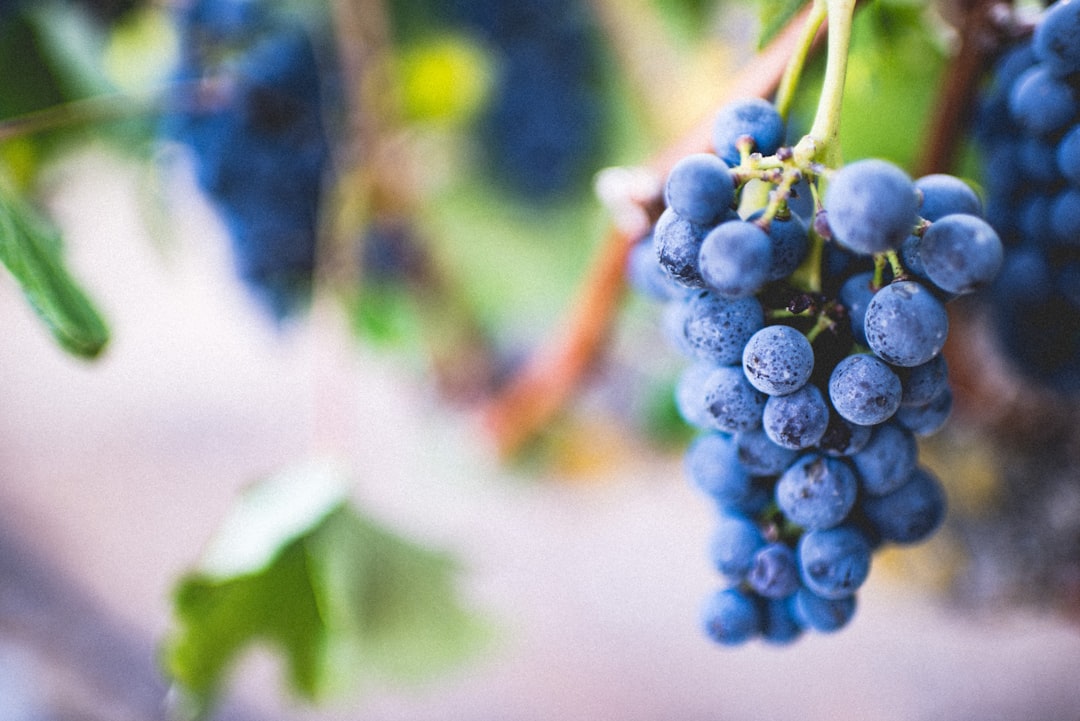
Chenin Blanc Production Regions
Renowned for producing exceptional Chenin Blanc wines, South Africa’s Cape Winelands is a treasure trove of diverse wine regions. Among these, Swartland stands out with its warm, dry climate, ideal for cultivating Chenin Blanc grapes that result in wines with rich textures and pronounced tropical fruit notes. Stellenbosch, on the other hand, boasts a cooler climate influenced by ocean breezes, contributing to Chenin Blanc wines characterised by vibrant acidity and subtle hints of honey, making them an excellent choice for those who appreciate a refreshing white wine experience. Additionally, Franschhoek, with its picturesque vineyards nestled in a valley, offers Chenin Blanc wines with a unique terroir expression, often showcasing elegant floral aromas and a crisp finish that lingers on the palate.
On the other side of the globe, the Loire Valley in France has long been synonymous with exceptional Chenin Blanc production. This historic region sets the standard for Chenin Blanc wines, inspiring winemakers globally with its traditional craftsmanship and dedication to quality. The diverse terroirs of the Loire Valley, from the stony soils of Savennières to the limestone-rich vineyards of Vouvray, provide a spectrum of flavours and styles for Chenin Blanc wines. For example, a Chenin Blanc from Savennières may exhibit intense mineral characteristics with a distinct saline quality, while a Vouvray Chenin Blanc might showcase luscious honeyed notes balanced by a bright acidity, illustrating the versatility and complexity of this grape variety across different appellations.
In addition to South Africa and France, other regions have also made a mark in the world of Chenin Blanc production. California’s Central Coast, with its cool climate and diverse microclimates, has emerged as a promising destination for Chenin Blanc cultivation. Winemakers in California experiment with different vineyard sites and winemaking techniques to craft Chenin Blanc wines that showcase the region’s terroir. Similarly, Australia’s Eden Valley and Barossa Valley have also embraced Chenin Blanc, producing wines with unique fruit profiles and vibrant acidity. The global influence of Chenin Blanc continues to grow, with winemakers around the world exploring the potential of this versatile grape variety and creating wines that reflect their unique terroirs.
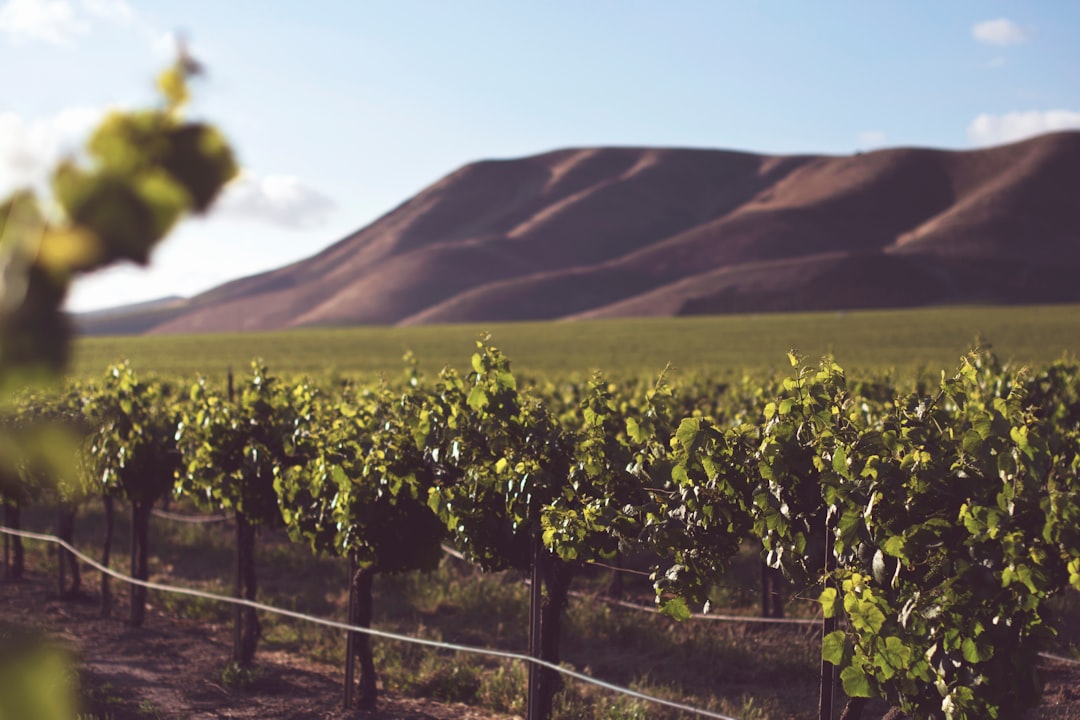
Varieties of Chenin Blanc Wines
When exploring the varieties of Chenin Blanc wines, one cannot overlook the distinct characteristics that set them apart. Stellenbosch Chenin Blanc, renowned for its opulent texture and lively acidity, tantalises the palate with a symphony of tropical fruit notes and a subtle hint of honey, creating a sensory journey for wine lovers. This particular wine embodies the essence of luxury and sophistication, making it a sought-after choice for those seeking a refined drinking experience.
In contrast, Cape Zebra Chenin Blanc offers a delightful twist with its invigorating citrus flavours, culminating in a refreshing finish that lingers on the taste buds. The wine’s crispness is accentuated by a distinctive mineral undertone, adding depth and complexity to each sip. This unique combination of flavours makes Cape Zebra Chenin Blanc a standout choice for those who appreciate a zesty and vibrant wine profile. On the other hand, FMC Chenin Blanc stands out as a flagship wine, boasting an array of captivating aromas ranging from luscious ripe fruits to indulgent honey and delicate floral notes. Not only does this wine captivate the senses upon first pour, but its exceptional ageing potential underscores its status as a collector’s item for connoisseurs looking to savour the evolution of flavours over time.
In addition to the traditional still wines, Chenin Blanc is also used to produce delightful sparkling wines that showcase its versatility and finesse. Sparkling Chenin Blanc wines, such as those from the Loire Valley’s Cremant de Loire appellation, offer a crisp and refreshing alternative to traditional Champagne. The bright acidity and delicate bubbles of sparkling Chenin Blanc wines make them a perfect choice for celebrations and special occasions, adding a touch of elegance to any event. Whether enjoyed as a still wine or a sparkling variation, Chenin Blanc continues to charm wine enthusiasts with its diverse expressions and ability to create memorable drinking experiences.
Food Pairings to Enhance Chenin Blanc
When it comes to food pairings, Chenin Blanc offers a versatile canvas that can complement a wide array of dishes, making it a favourite amongst sommeliers and food enthusiasts alike. The wine’s lively acidity and pronounced fruit flavors achieve a perfect harmony with a wide range of culinary tastes. For example, the crisp acidity of Chenin Blanc beautifully contrasts the creaminess of brie, creating a delectable pairing that tantalises the taste buds.
Seafood lovers rejoice as Chenin Blanc proves to be a perfect match for dishes like seared scallops or garlic butter prawns. The wine’s citrus notes and refreshing acidity cut through the richness of seafood, enhancing the overall dining experience. Furthermore, the wine’s floral aromas and hints of honey make it an ideal companion for aromatic Asian cuisine, such as fragrant Thai curry or spicy Szechuan prawns. The versatility of Chenin Blanc extends to light salads, grilled poultry, and even desserts like apple pie, showcasing its ability to adapt to a myriad of flavours with finesse.
Exploring the world of food and wine pairings with Chenin Blanc opens up a realm of possibilities for culinary creativity. Whether enjoying a casual meal or hosting a formal dinner party, Chenin Blanc’s ability to uplift and enhance the flavours of various dishes makes it a go-to choice for those seeking a versatile and delightful dining experience.
Chenin Blanc’s food pairing versatility extends to a wide range of cuisines and dishes, making it a go-to wine for diverse menus. For example, the tropical fruit notes in Chenin Blanc complement spicy dishes like Indian curries or Mexican salsas, balancing the heat with a touch of sweetness. Additionally, the wine’s crisp acidity makes it a natural partner for tangy dishes like ceviche or Greek salads, cutting through the acidity of the ingredients and enhancing the overall taste experience. Whether paired with creamy cheeses, fresh seafood, or bold flavours, Chenin Blanc’s ability to elevate the dining experience is a testament to its charm and adaptability.
Excellence of South African Chenin Blanc
South African Chenin Blanc wines stand out for their exceptional quality and diverse flavour profiles, making them a favourite among wine enthusiasts. The unique terroir of South Africa, particularly in regions like Swartland, Stellenbosch, and Franschhoek, imparts distinct characteristics to Chenin Blanc wines, ranging from tropical fruit notes to elegant mineral undertones. For instance, Chenin Blanc from Stellenbosch is celebrated for its rich texture, vibrant acidity, and hints of tropical fruits and honey, creating a delightful sensory experience for wine connoisseurs.
Moreover, the recognition of top-rated white wines from South Africa underscores the country’s commitment to innovation and excellence in winemaking. Renowned wineries such as Simonsig Estate and KWV Wines have garnered accolades for their outstanding Chenin Blanc offerings, showcasing the mastery and dedication of South African winemakers. By consistently producing high-quality Chenin Blanc wines that exemplify the best of what the grape variety has to offer, South Africa has solidified its reputation as a leading producer in the global Chenin Blanc market, captivating palates worldwide with its exquisite creations.
South African Chenin Blanc’s rise to prominence is not only attributed to the quality of the wines but also to the innovative approaches taken by winemakers in the region. From organic and biodynamic practices to sustainable viticulture, South African wineries are at the forefront of environmentally conscious winemaking. For example, Fairview Winery in Paarl has embraced sustainable farming methods, ensuring that their Chenin Blanc vines thrive in harmony with nature. This commitment to sustainability not only preserves the land for future generations but also enhances the overall quality and character of South African Chenin Blanc wines, making them a standout choice for environmentally conscious consumers.
Contrasting Chenin Blanc and Chardonnay
When comparing Chenin Blanc and Chardonnay, it’s essential to delve into their distinct characteristics and flavour profiles to appreciate their individual allure. Chenin Blanc, celebrated for its high acidity and versatility, presents a vibrant and refreshing taste that can range from bone-dry to lusciously sweet. For example, a Stellenbosch Chenin Blanc showcases a rich texture with tropical fruit notes, highlighting the grape’s ability to craft wines with a myriad of flavours to suit different palates.
On the other hand, Chardonnay captivates wine enthusiasts with its velvety texture, often influenced by oak ageing, which imparts a buttery and creamy mouthfeel. For instance, a classic Burgundian Chardonnay may exhibit flavours of ripe apple, vanilla, and a subtle hint of oak, providing a luxurious and indulgent tasting experience. The diversity in winemaking styles between Chenin Blanc and Chardonnay allows for a broad spectrum of wine options that cater to various preferences, from crisp and zesty to rich and opulent. Understanding these differences not only enriches the wine tasting experience but also offers a deeper appreciation for the craftsmanship behind each varietal.
Beyond their flavour profiles, Chenin Blanc and Chardonnay also differ in their ageing potential and versatility in winemaking. While Chardonnay is often associated with oak ageing and malolactic fermentation, resulting in wines with rich buttery notes and a creamy texture, Chenin Blanc shines in its ability to express the terroir and winemaking techniques with transparency. Winemakers have the freedom to experiment with different styles of Chenin Blanc, from bone-dry expressions with crisp acidity to late-harvest sweet wines with luscious fruit flavours. This adaptability and diversity make Chenin Blanc a canvas for creativity and innovation in the world of white wines.

Sensory Drivers Influencing Chenin Blanc Quality
When exploring the sensory drivers that influence the quality of Chenin Blanc wines, it becomes evident that these wines offer a complex array of characteristics that contribute to their overall excellence. For instance, the presence of marmalade notes in Chenin Blanc wines adds a luscious sweetness and texture, enhancing the tasting experience for wine enthusiasts. This attribute not only provides a delightful flavour profile but also signifies a well-made wine that has undergone skilful production techniques to achieve such depth and richness.
On the other hand, negative quality driver attributes like the hint of lemon or grapefruit in Chenin Blanc wines can have a significant impact on how the wine is perceived by consumers. While a touch of citrus can bring freshness and vibrancy to the wine, an overwhelming citrus presence might overshadow other nuanced flavours, leading to an unbalanced taste profile. Therefore, maintaining a delicate balance between these attributes is crucial in crafting Chenin Blanc wines of exceptional quality that are harmonious on the palate and offer a multi-dimensional sensory experience.
By understanding and leveraging these sensory drivers, winemakers have the opportunity to create Chenin Blanc wines that not only meet but exceed consumer expectations. Through skilful blending techniques, precise oak influences, and meticulous attention to detail in the winemaking process, producers can elevate the sensory characteristics of Chenin Blanc wines, showcasing the grape variety’s true potential and captivating wine enthusiasts with each sip. This emphasis on sensory drivers underscores the craftsmanship and artistry involved in producing high-quality Chenin Blanc wines that stand out in the world of white wines.
In addition to the sensory drivers, the ageing potential of Chenin Blanc wines also plays a crucial role in their quality and complexity. Chenin Blanc’s ability to age gracefully and develop nuanced flavours over time is a testament to the grape variety’s inherent characteristics and the skill of the winemaker. For instance, a properly cellared bottle of Chenin Blanc from a distinguished producer such as Ken Forrester Wines can mature over time, unfolding layers of honeyed nuances, floral scents, and a persistent mineral quality that highlight the wine’s richness and intricacy. Understanding the sensory drivers and ageing potential of Chenin Blanc wines allows wine enthusiasts to appreciate the nuances of this classic white wine and explore its full potential.
Aging Potential and Storage of South African Chenin Blanc
South African Chenin Blanc wines offer excellent aging potential, with optimal maturity often achieved after 10-15 years of proper cellaring. Proper storage techniques, such as consistent temperature control and humidity levels, are essential to preserve the integrity and ageing potential of Chenin Blanc wines. The average alcohol content of South African Chenin Blanc wines ranges from 12-14% ABV, contributing to their ageing capacity and complexity over time. For example, a bottle of Raats Family Wines Chenin Blanc, with its vibrant acidity and citrus notes, can develop into a beautifully balanced wine with floral aromas and a long, lingering finish when aged under the right conditions.
When it comes to storing South African Chenin Blanc wines, maintaining a cool, dark environment is key to preserving the wine’s freshness and character. Wineries like Badenhorst Family Wines emphasize the importance of storing Chenin Blanc in a cellar or wine fridge with minimal temperature fluctuations to ensure that the wine ages gracefully and retains its vibrant fruit flavours. By adhering to proper storage practices, wine enthusiasts can enjoy the full expression of South African Chenin Blanc wines as they evolve and mature over time, unlocking new dimensions of complexity and richness with each passing year.
Furthermore, the ageing potential of South African Chenin Blanc wines offers wine collectors and connoisseurs the opportunity to experience the evolution of the wine firsthand. Whether enjoying a bottle of DeMorgenzon Reserve Chenin Blanc or a Kaapzicht Estate Chenin Blanc that has been carefully cellared for a decade, the rewards of patience and proper storage are evident in the nuanced flavours and aromas that develop over time. South African Chenin Blanc’s ability to age gracefully and maintain its freshness and vibrancy sets it apart as a classic white wine with enduring charm and sophistication, making it a valuable addition to any wine lover’s collection.


